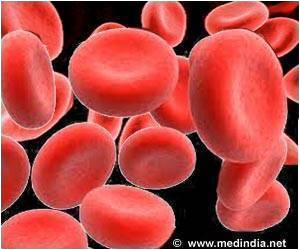Intake of high-pesticide residue fruits and vegetables can lower the probability of pregnancy and live birth among women following infertility treatment.

‘Consuming low-pesticide residue fruits and vegetables is not linked with lower pregnancy and live birth outcomes.’





Animal studies suggest ingestion of pesticide mixtures in early pregnancy may be associated with decreased live-born offspring leading to concerns that levels of pesticide residues permitted in food by the U.S. Environmental Protection Agency may still be too high for pregnant women and infants.325 women who completed a diet questionnaire and subsequently underwent cycles of assisted reproductive technologies as part of the Environment and Reproductive Health (EARTH) study at a fertility center at a teaching hospital in Boston between 2007 and 2016.
Researchers categorized fruits and vegetables as having high or low pesticide residues using a method based on surveillance data from the U.S. Department of Agriculture. They counted the number of confirmed pregnancies and live births per cycle of fertility treatment.
This is an observational study. In observational studies, researchers observe exposures and outcomes for patients as they occur naturally in clinical care or real life. Because researchers are not intervening for purposes of the study they cannot control natural differences that could explain study findings so they cannot prove a cause-and-effect relationship.
The authors of this study are Jorge E. Chavarro, M.D., Sc.D., of the Harvard T. H. Chan School of Public Health, Boston, and colleagues.
Advertisement
The study estimated exposure to pesticides based on women's self-reported intake combined with pesticide residue surveillance data rather than through direct measurement. The study also cannot link specific pesticides to adverse effects.
Advertisement
Source-Eurekalert















